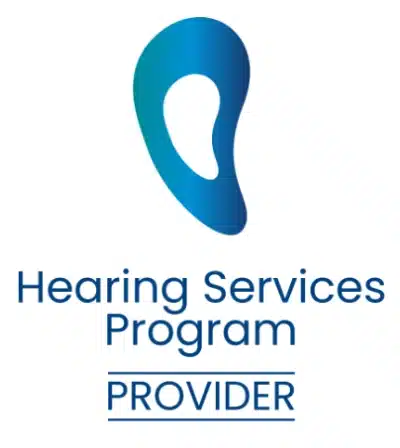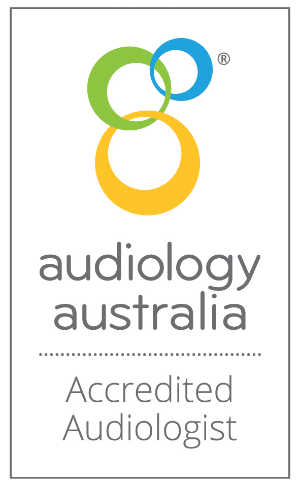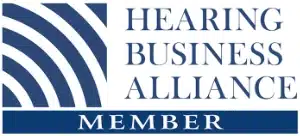Coaching and educating people about hearing aids is one of the most rewarding parts of my work as an audiologist. Over the years, I’ve been asked hundreds of questions—from the practical to the deeply personal—by individuals navigating hearing loss and exploring hearing aid options for the first time.
In response, I’ve decided to compile and answer the 20 most frequently asked questions I hear in clinic. Whether you’re just starting your hearing journey, supporting a loved one, or simply curious about how hearing aids work, I hope this guide offers clarity, confidence, and a little peace of mind.
Let’s dive in.
Why can’t I hear well with my new hearing aids?
It could be due to incorrect settings or the need for an adjustment period. Your brain may need time to adapt to the new sound quality.
What are real ear measurements and how do they affect my hearing aid performance?
Real ear measurements ensure your hearing aids are programmed to your specific hearing loss. They’re crucial for optimal performance. We have specialised equipment in the clinic to program your aids for best performance
My hearing aids sound too loud. What should I do?
You should make an appointment with your audiologist. We can adjust the volume settings to ensure a comfortable listening experience.
I hear a lot of background noise. Is that normal?
Some background noise is normal, but excessive noise can indicate a need for adjusting the noise reduction settings.
Why do my hearing aids keep whistling?
This feedback might be caused by a poor fit, high volume, or earwax build-up. An audiologist can determine and fix the issue.
How often should I clean my hearing aids?
Daily cleaning is recommended to prevent issues like blocked filters or microphones.
Can blocked filters affect my hearing aid performance?
Yes, blocked or dirty filters can greatly reduce sound quality. Regular cleaning or replacement is needed.
Why do voices sound unnatural with my hearing aids?
This could be due to the initial adjustment period or incorrect programming. Your audiologist can help fine-tune the settings.
My hearing aids are uncomfortable. Can this be fixed?
Yes, your audiologist can adjust the fit. Sometimes, custom ear moulds are needed for optimal comfort.
How long should I wear my hearing aids each day?
Gradually increase wear time to get used to them. Ideally, wear them during all waking hours for best results.
Do I need to adjust settings in different environments?
Some hearing aids adjust automatically, but manual adjustments might be necessary for specific environments.
Why do my hearing aids stop working intermittently?
This could be due to battery issues, moisture, or wax build-up. Regular maintenance can help prevent these problems.
How can I tell if my hearing aids are damaged?
Signs include distorted sound, reduced volume, or intermittent function. If you suspect damage, consult your audiologist.
Can smartphone apps help with hearing aid adjustments?
Yes, many modern hearing aids can be controlled and adjusted via smartphone apps for convenience.
Should I wear my hearing aids during physical activities
Generally, yes, but protect them from excessive sweat and moisture. Some models are more suited for active lifestyles.
How do I know if my hearing aids need a firmware update?
Your audiologist can inform you about updates which can improve functionality and features.
Can earwax affect my hearing aid performance?
Yes, earwax can block the speaker and reduce sound quality. Regular cleaning of both your ears and hearing aids is important.
What should I do if my hearing aid gets wet?
Turn it off, remove the battery, and dry it with a dehumidifier or let it air dry. Avoid using heat sources. We have a specialised Redux unit in the clinic to help remove moisture from your devices. Please give us a call or pop into the clinic, so we can help as soon as possible. The process takes less than 10min.
Why doesn’t music sound good through my hearing aids
You might need a specific music program or adjustments for better music appreciation. Discuss this with your audiologist.
How can I improve my experience in group conversations?
Advanced features like directional microphones and speech focus settings can help. Practice and auditory training can also improve your ability to follow group conversations.



